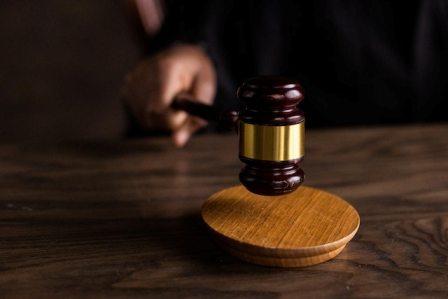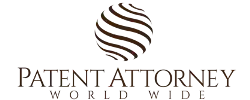Rights of a patentee
Right of patentee after grant of patent: After the grant of a patent, the patentee is granted exclusive rights to the invention which includes the right to prevent others from making, using, selling, or importing the patented invention without the patentee’s permission, for a specified period of time.
Table of Contents
As per section 48, that is Rights of patentees are:
a patent granted confer upon the patentee
(a) where the subject matter of the patent is a product, the exclusive right to prevent third parties, who do not have his consent, from the act of making, using, offering for sale, selling or importing for those purposes that product in India;
(b) where the subject matter of the patent is a process, the exclusive right to prevent third parties, who do not have his consent, from the act of using that process, and from the act of using, offering for sale, selling or importing for those purposes the product obtained directly by that process in India.
Section 48 of the Act confers following rights upon the patentee (you) subject to the other provisions contained in this Act and the conditions specified in
Section 47:
(a) Product Patent
Where the subject matter of the patent is a product, the exclusive right to prevent third parties, who do not have the patentee’s consent, from the act of making, using, offering for sale, selling or importing for those purposes that product in India;
(b) Process Patent
Where the subject matter of the patent is a process, the exclusive right to prevent third parties, who do not have the patentee’s consent, from the act of using that process, and from the act of using, offering for sale, selling or importing for those purposes the product obtained directly by that process in India.
In summary :
Owning a patent for your invention gives you the right to exclude others from making, using, selling, offering for sale or importing patented invention in India. That is no other party can do the above-mentioned activities about your invention without your consent (permission).
Patent Infringement
Patent infringement occurs when someone without the patent owner’s permission makes, uses, sells, or imports a product or process that falls within the scope of the granted patent’s claims. It is a violation of the patent owner’s exclusive rights and can lead to legal consequences and remedies.
The term “infringement” is not defined in the Indian statute.
As grant of patent gives exclusive right to you for excluding others from using, offering for sale, selling or importing for that purpose a patented product or a product obtained directly by a patented process or making a patented product or using a patented process within India (except for the purpose of Government use exempted under Section 47).
So performing these acts mentioned above that interfere with Rights of a patentee and without your (patentee’s) consent are called as infringement.
In simple language, “If someone violets the rights provided to patentee by grant of patent for his invention (that is right to excluding others from using, offering for sale, selling or importing patented invention in India) then it would be called as infringement.”
There are some activities which would not be called as infringements :
- Government use: as per section 100 an invention can be used by central government for its own purpose.
- And as per section 47 (1), (2) the patented product may be imported by the government
- Research exemption: the use of invention for mere purpose of experiment or research including act to teaching students would not be called an infringement of patent, as there is no commercial intent involved
- Patented inventions like medicine or drug can be imported by government for its own use
- If a patented invention comes in India temporarily as a part of foreign vessel/aircraft/ vehicle then it would not be called an infringement
Filing case against infringement

As per section 104, you (patentee) can file a suit for infringement in district court or high court. But if you wish to save time you may file a suit in high court directly. As suit for infringement can be filed only after the grant of patent yet, You as a (patentee) can also claim for damages for the infringements that are committed between publication of patent application to the grant of patent.
Burdon of proof: If your invention is a product then the burdon of proof lies on you (patentee) that is you need to prove that the infringement has taken place. Whereas if your invention is process then burdon of proof lies on (defendant) who need to prove that he is not infringing on your patented process.
Section 108 of the Act provides the reliefs enabled in suit for infringement as follows: (1) The reliefs which a court may grant in any suit for infringement include an injunction (that is stop the infringer from pursuing the infringing activity)(subject to such terms, if any, as the court thinks fit) and, at the option of the plaintiff, either damages or an account of profits.
(2) The court may also order that the goods which are found to be infringing and materials and implements, the predominant use of which is in the creation of infringing goods shall be seized, forfeited or destroyed, as the court deems fit under the circumstances of the case without payment of any compensation.
